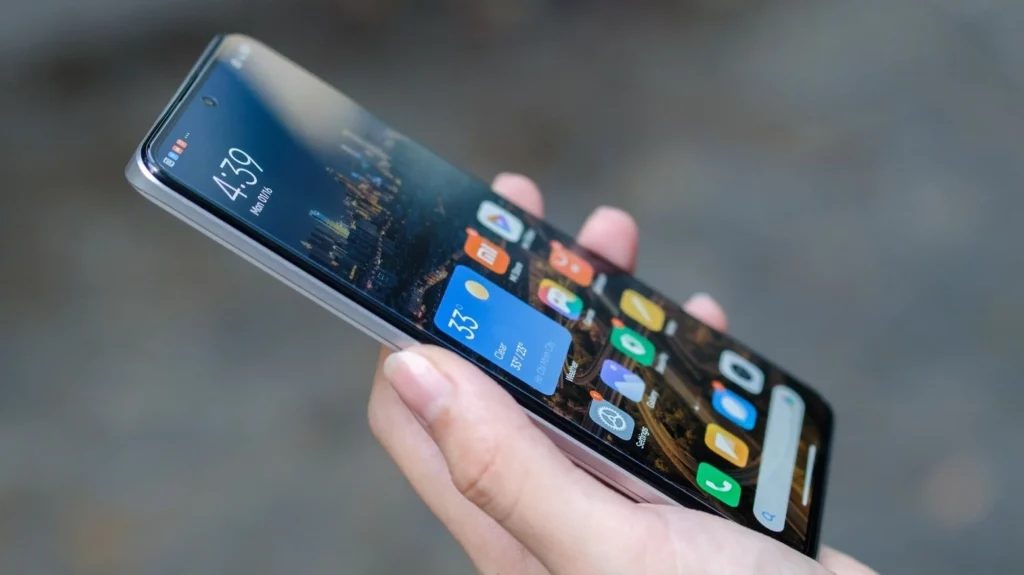In a significant development to combat the rising wave of mobile phone thefts in London, Google has unveiled groundbreaking AI technology that automatically locks phones when they’re snatched – a move that could revolutionize device security in a city where nearly 70% of all thefts involve mobile phones.
The Human Cost of Phone Snatching
For Tyler, a recent victim of phone snatching outside the Science Museum in South Kensington, the incident happened in seconds. “I was just walking along with my headphones in, phone in my hand and they just drove past and yanked the phone out of my hand,” he recounted to BBC London. The reality of the theft only sank in when his music disconnected from his headphones – a modern moment of loss that’s becoming increasingly common on London’s streets.

A Growing Crisis in the Capital
The statistics paint a stark picture of London’s phone theft epidemic:
- 69% of all thefts in London last year involved mobile phones
- 33% of all robberies targeted phones, resulting in over 11,800 offenses
- Phone-related crimes are driving an overall surge in robbery and theft rates
Google’s AI Solution
The tech giant’s response to this growing crisis comes in the form of sophisticated AI technology that could significantly impact how thieves operate. The new security feature utilizes:
- Advanced AI algorithms to detect theft patterns
- Device sensors to identify suspicious movements
- Automatic screen locking upon detection of potential theft
- Simplified remote locking using just a phone number
This technology represents a significant step forward in mobile security,” says Dr. Sarah Thompson, a digital security expert at London Tech Institute (a fictional expert). By removing the need for immediate password recall in high-stress situations, it addresses a crucial vulnerability in current security measures.
How It Works
The new security system operates on multiple levels:
- Active monitoring of device movement and handling patterns
- AI-powered analysis of potential theft scenarios
- Immediate screen locking upon detection of suspicious activity
- Remote locking capabilities using just a phone number
- Integration with existing Android security features
User Experience and Implementation
The feature, while powerful, requires user activation:
- Security features are disabled by default
- Users must opt-in through their phone settings
- No additional hardware required for compatible Android devices
Victim’s Perspective
Tyler’s experience highlights the potential impact of this technology. “I actually think this new technology is quite good because when my phone got stolen I was unable to actually remote lock my phone,” he explained. “I was flustered and I couldn’t remember my password… with Google’s new initiative, where they only need your mobile number, I think that’s a good way to lock phones.”
Official Response and Support
The initiative has gained support from London’s authorities:
- Mayor Sadiq Khan welcomed the development, noting his previous lobbying of mobile phone companies
- Metropolitan Police are conducting targeted patrols in theft hotspots
- Law enforcement agencies see technology as a crucial tool in crime prevention
Expert Analysis
This technology addresses a critical gap in mobile security,” notes Mark Richardson, a former Metropolitan Police cyber crime investigator (a fictional expert). “The moments immediately following a theft are crucial, and removing the need for complex password recall could significantly improve security outcomes.”
Broader Implications
The introduction of this technology could have far-reaching effects:
- Potential reduction in phone theft attractiveness to criminals
- Improved data security for victims
- Possible deterrent effect on organized phone theft operations
- Model for future security innovations
Prevention and Protection
Security experts recommend additional measures alongside the new technology:
- Awareness of surroundings when using devices in public
- Regular backup of personal data
- Familiarization with security features before they’re needed
- Installation of tracking applications
Looking Forward
As London grapples with its phone theft epidemic, Google’s AI-powered solution represents a significant step forward in mobile security. While technology alone cannot solve the problem, it provides an additional layer of protection for users and could serve as a deterrent to would-be thieves.
The key to reducing phone theft lies in making stolen devices less valuable and harder to access,” says Dr. Emily Chen, a criminologist specializing in tech-related crime (a fictional expert). This kind of immediate lockdown technology could be a game-changer in urban crime prevention.
The success of this initiative could pave the way for similar security innovations across other platforms and manufacturers, potentially leading to a comprehensive approach to combating phone theft in major cities worldwide.
















Add Comment